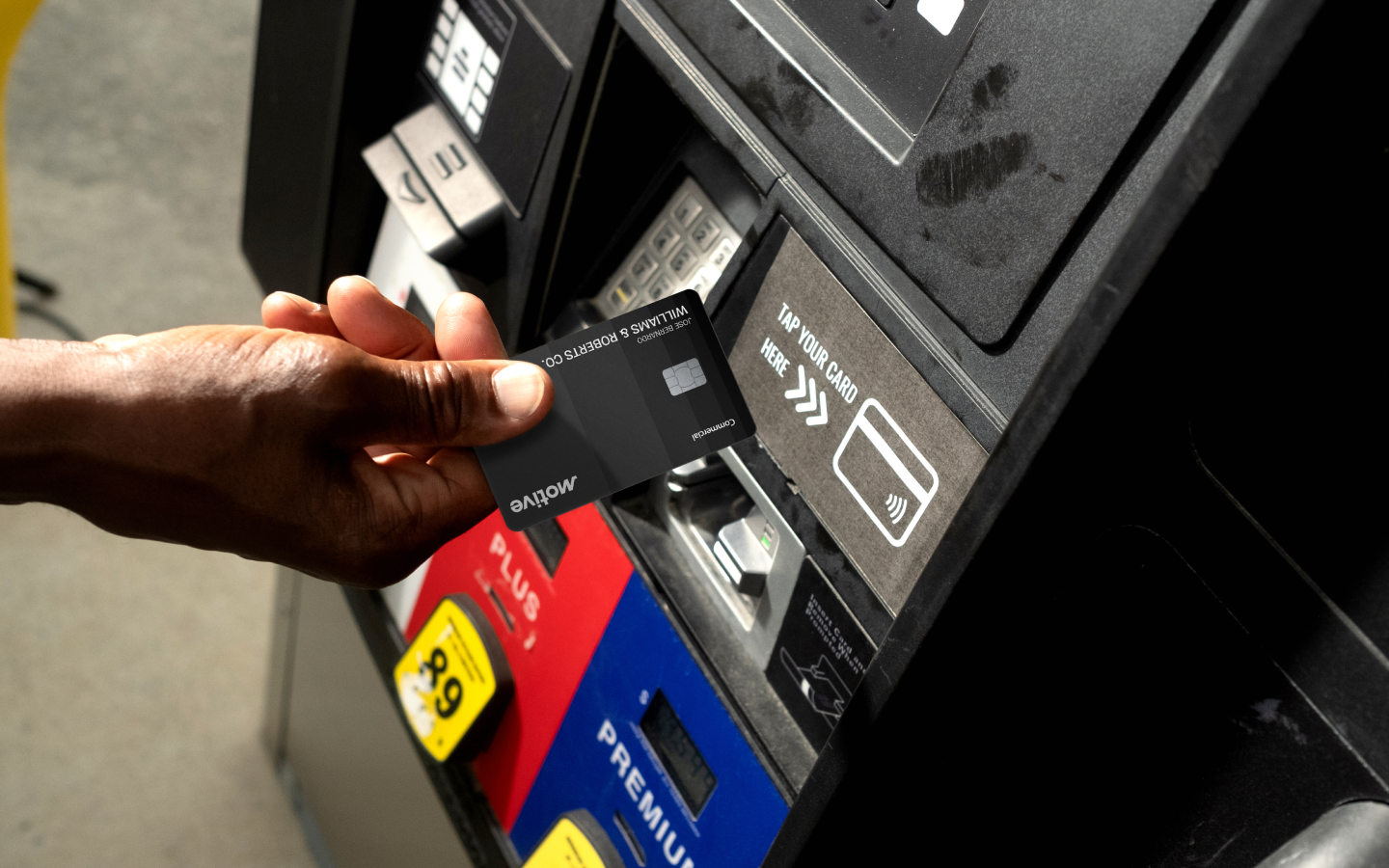Finding the right fleet card can be the difference between streamlined efficiency and uncontrolled fuel spend. For Exxon, structured discounts provided a reliable edge in managing monthly operational costs, as detailed in the case study on https://www.exxonmobilfleetcards.com/. For industries managing vehicles across diverse locations, a fleet fuel card offers far more than just convenience at the pump, it delivers essential tools for budgeting, security, and operational oversight.
Why Fleet Cards Aren’t One-Size-Fits-All
Not all fleet cards are created equal. Whether your business operates in construction, logistics, government, or service delivery, selecting the appropriate card means considering your specific vehicle types, daily routes, and purchase behaviors. Fuel cards designed for long-haul trucking at major truck stops offer different benefits than those targeting local service vans with city-based routes. Understanding the unique dynamics of your industry is the first step toward achieving measurable savings and control.
What to Consider When Comparing Fleet Cards
Fuel Access and Network Compatibility
Location flexibility is one of the top priorities when evaluating fleet cards. Some cards offer access to an extended savings network covering 95% of gas stations across the U.S., while others are limited to proprietary networks. If your vehicles cross state lines frequently, nationwide coverage with both branded and independent fuel stations is essential to reduce fuel expenses and avoid driver detours.
Rebate Programs and Per-Gallon Discounts
Cards offering per-gallon rebates can significantly cut operating costs, especially for fleets fueling up daily. Some programs provide up to 6¢ per gallon savings, depending on monthly fuel volume and payment terms.
Purchase Controls for Oversight and Security
One of the most valuable features of today’s fuel cards is advanced purchase control. With customizable settings, fleet managers can limit purchases by fuel type, time of day, geographic area, or even specific gas stations. These tools prevent unauthorized spending, reduce fraud risk, and keep drivers accountable to company fuel policies.
Matching Fleet Card Features to Business Needs
Construction and Field Service Fleets
In industries like plumbing, HVAC, or construction where vehicles regularly visit multiple job sites, GPS-integrated fleet cards can verify fuel stops align with scheduled routes. Real-time tracking and route-based reporting help validate employee time and optimize service response times. Pairing telematics with fuel data ensures every gallon and every mile contributes to the bottom line.
Logistics and Freight Operations
For long-distance trucking fleets, downtime is money lost. The right fleet card will allow fueling at major truck stops, accept diesel purchases, and offer large-volume rebates. Look for cards that include maintenance and roadside assistance options within their network. High-mileage fleets benefit most from centralized reporting, quick card replacement services, and spending limits to prevent abuse at the pump.
Government and Municipal Vehicles
Public sector fleets often require strict compliance and audit trails. Cards with transaction-level reporting, odometer tracking, and integration with fleet management platforms make regulatory reporting simpler and more accurate. Secure account management and biometric authentication options are valuable for departments needing oversight over multiple users and locations.
How Reporting Drives Cost Savings
Detailed reporting transforms your fuel card from a simple payment tool into a robust fleet intelligence platform. Dashboards that summarize driver behavior, fuel type, gallons per vehicle, and unauthorized attempts give businesses the visibility needed to enforce fuel policies. Patterns in fuel expenses, vehicle performance, and route inefficiencies can be identified and corrected quickly, saving money across departments.
Safety and Fraud Protection
Telematics-enabled fuel cards help reduce risky driving behaviors by tracking driver speed, idle times, and harsh braking, all of which impact fuel efficiency and vehicle wear. Fraud prevention features such as chip and PIN, mobile alerts, and card-specific driver IDs create accountability and provide added peace of mind. Suspicious transactions outside approved hours or zones can be flagged instantly.
Application Process and Fees to Know
Applying for a fleet fuel card typically requires basic business information, a tax ID, and a breakdown of your vehicle count. Some cards come with zero setup or monthly fees, making them ideal for small businesses testing out a fuel card program. Others offer flexible payment terms, allowing companies to carry a balance if needed. Look for transparent pricing, clear rebate qualifications, and straightforward support during onboarding.
Streamlining Maintenance and Roadside Service
Top-tier fleet cards aren’t just for the pump. Integrated maintenance tracking and approved vendor networks allow managers to schedule oil changes, tire replacements, and even emergency repairs using the same platform. This helps consolidate payments, reduce out-of-pocket spend by drivers, and ensure vehicles stay road-ready longer.
Choosing the Right Fit for Your Business
Evaluate how often your fleet fuels up, where your drivers go, what services you require beyond fuel, and who needs access to card features. A card that supports mixed fuel types and EV charging may suit future-focused fleets, while a diesel-only program could work best for regional haulers. The best fleet card isn’t always the one with the highest rebate, it’s the one that fits your operations like a glove.
Make Data-Driven Fuel Decisions
Choosing the right fleet card means choosing clarity over confusion. When paired with smart analytics, strict purchase controls, and broad acceptance networks, fleet cards become vital tools in cost reduction and driver performance. No matter your industry, aligning card features with your fleet goals ensures your vehicles, your data, and your budget move forward in sync.
